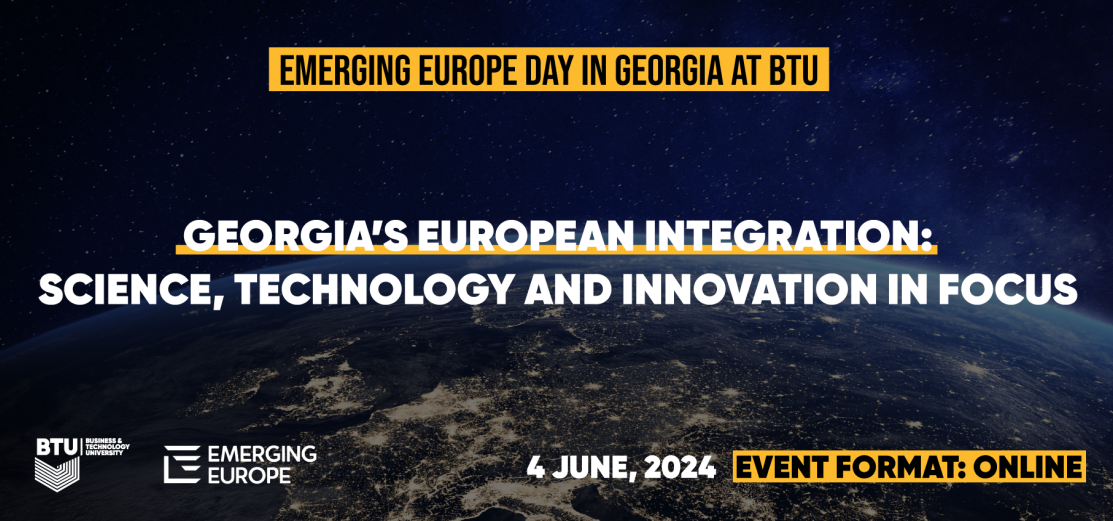29.05.2024 (Caucasian Journal). We are honoured today to welcome Dr. Marek DABROWSKI, a non-resident scholar at the Bruegel think tank in Brussels, a co-founder and fellow at the Centre for Social and Economic Research (CASE) in Warsaw, and a visiting professor at the Central European University in Vienna.
 Since the late 1980-s, Dr. Dąbrowski has been involved in providing policy advice and conducting research related to monetary and fiscal policies, international financial architecture, perspectives of European integration, and the political economy of transition. He has also worked as a consultant for the EU, World Bank, IMF, UNDP, OECD, and USAID projects. In addition, he is the author of several academic and policy papers and serves as the editor of various publications.
Since the late 1980-s, Dr. Dąbrowski has been involved in providing policy advice and conducting research related to monetary and fiscal policies, international financial architecture, perspectives of European integration, and the political economy of transition. He has also worked as a consultant for the EU, World Bank, IMF, UNDP, OECD, and USAID projects. In addition, he is the author of several academic and policy papers and serves as the editor of various publications.▶ ქართულად: Read the Georgian version here.
Alexander KAFFKA, editor-in-chief of CJ: Dear Professor Dabrowski, thank you for your attention to our readers. You are one of the best-known international experts in European Neighbourhood Policy and the “New Eastern Enlargement”, so let me start with the most burning question: Can Georgia's candidate status and membership negotiations be cancelled because of the adoption of a law that has analogues in some EU countries' legislations (such as Hungary)?
Marek DABROWSKI: I am not aware of the analogues of the Georgian "Law on Transparency of Foreign Influence" being currently in force in the EU. The Hungary's 'Sovereignty Protection Act' applies to foreign funding of election campaigns. The previous law adopted in 2017, which specifically targeted NGOs was struck down in 2020 by the Court of Justice of the EU and was revoked by the Hungarian parliament in 2021. Please remember that Hungary remains under Article 7 procedure for breaching the basic principles and values of the EU Treaties.
Rather, the Georgian law reminds me of the infamous foreign agent law introduced in 2012 in the Russian Federation, subsequently amended and tightened several times, which became a major instrument of persecution of political opposition, media, civil society organizations, independent intellectuals and cultural and academic institutions.








